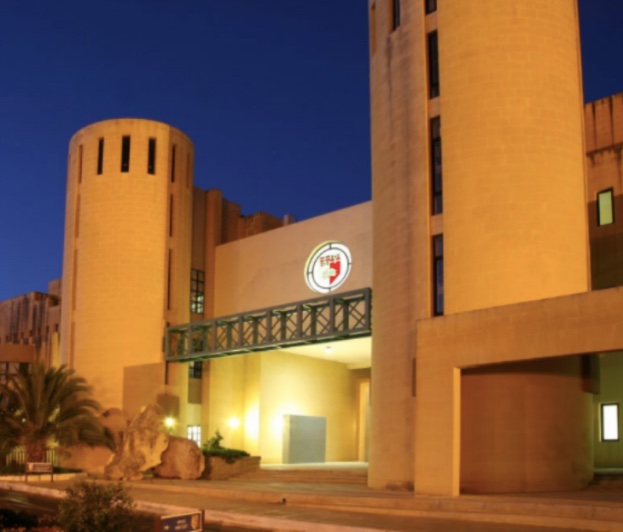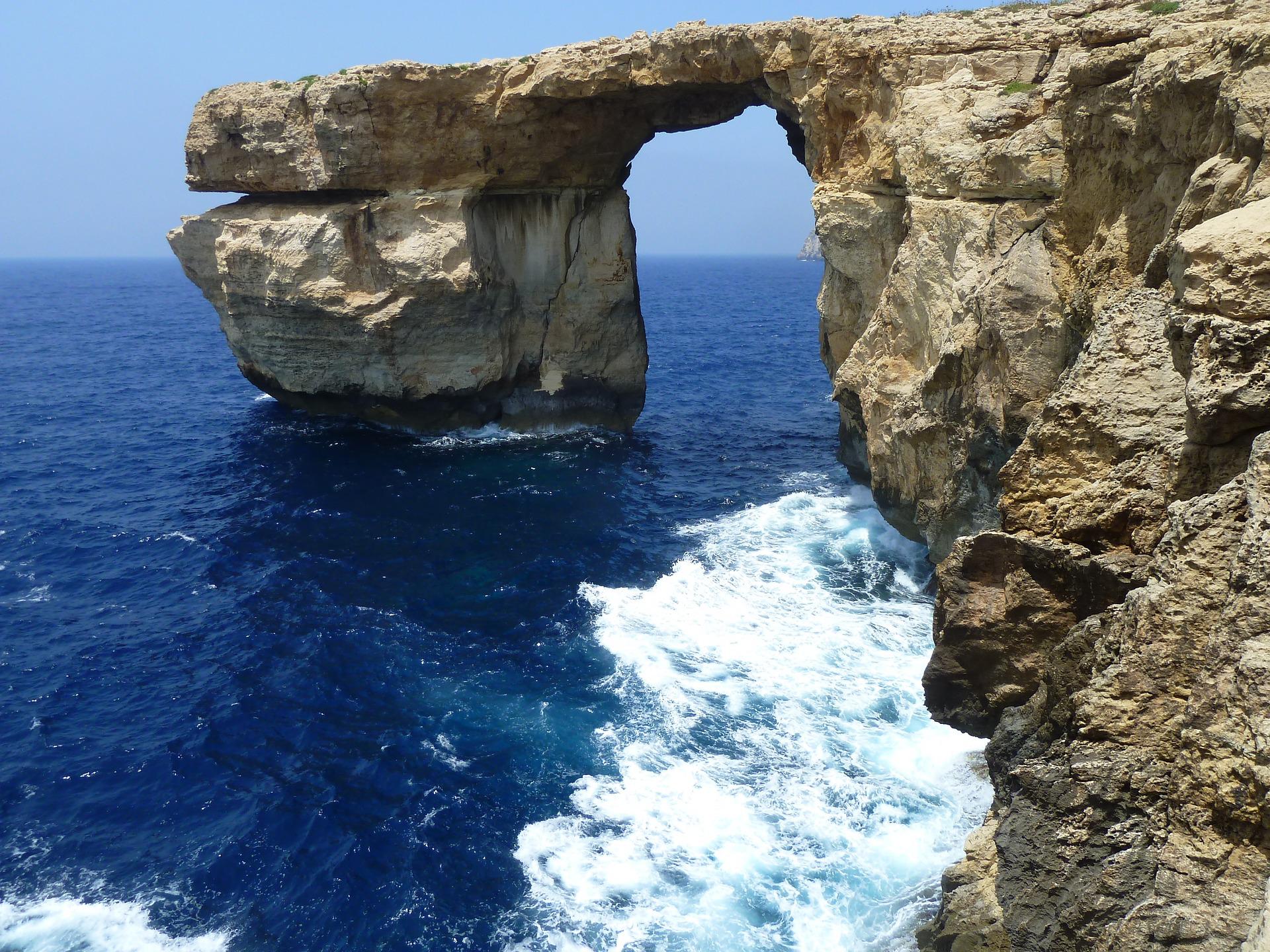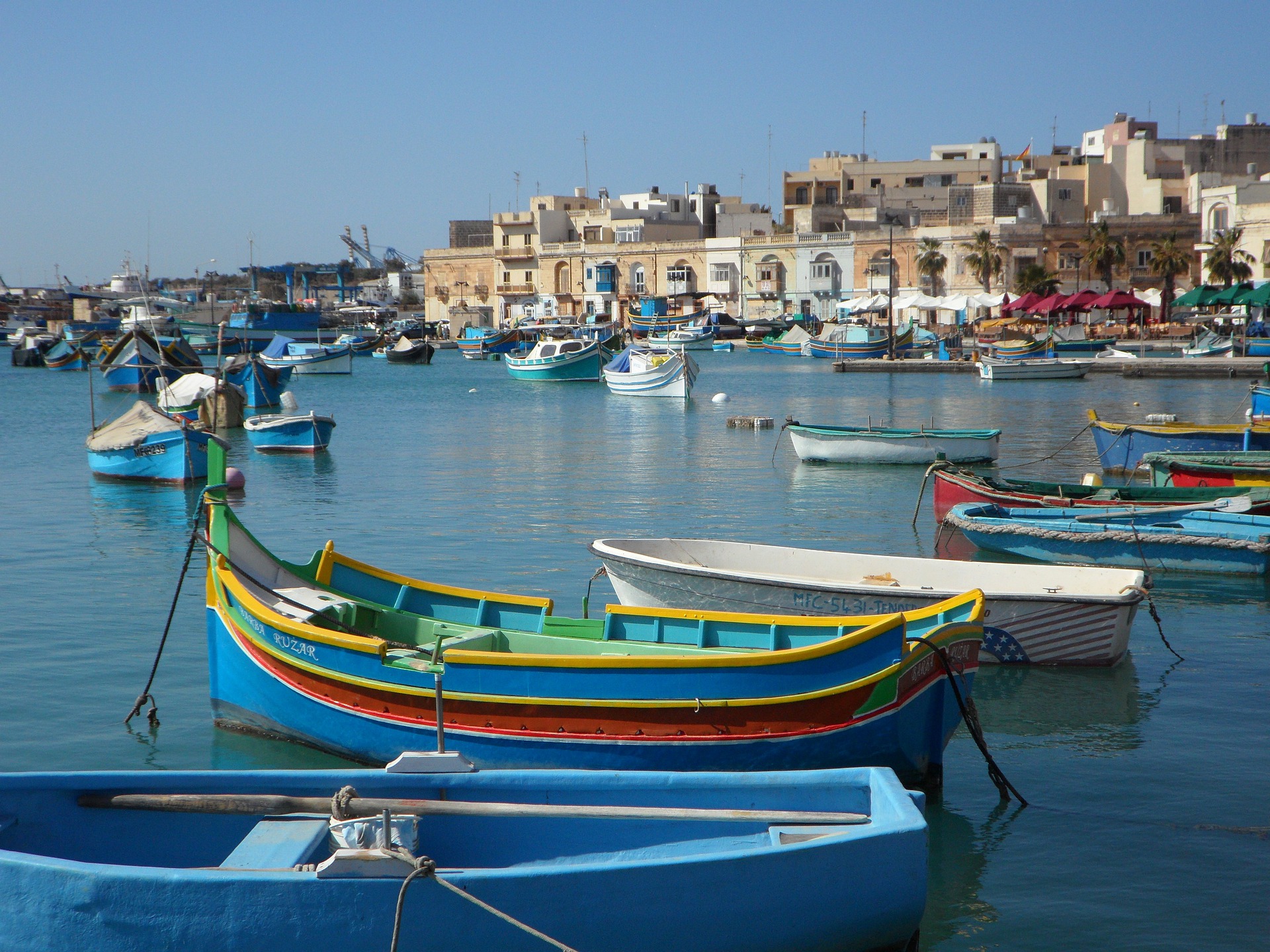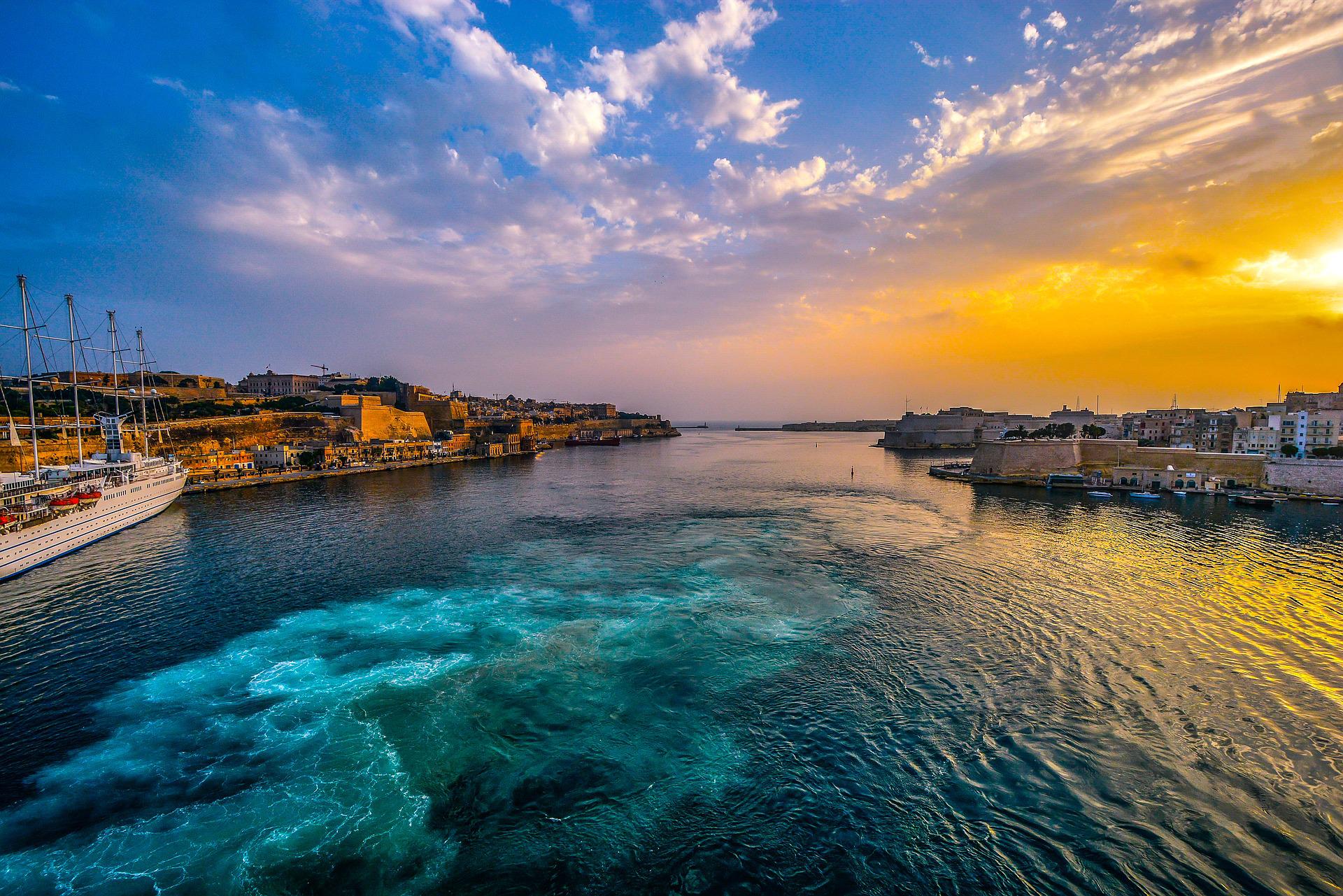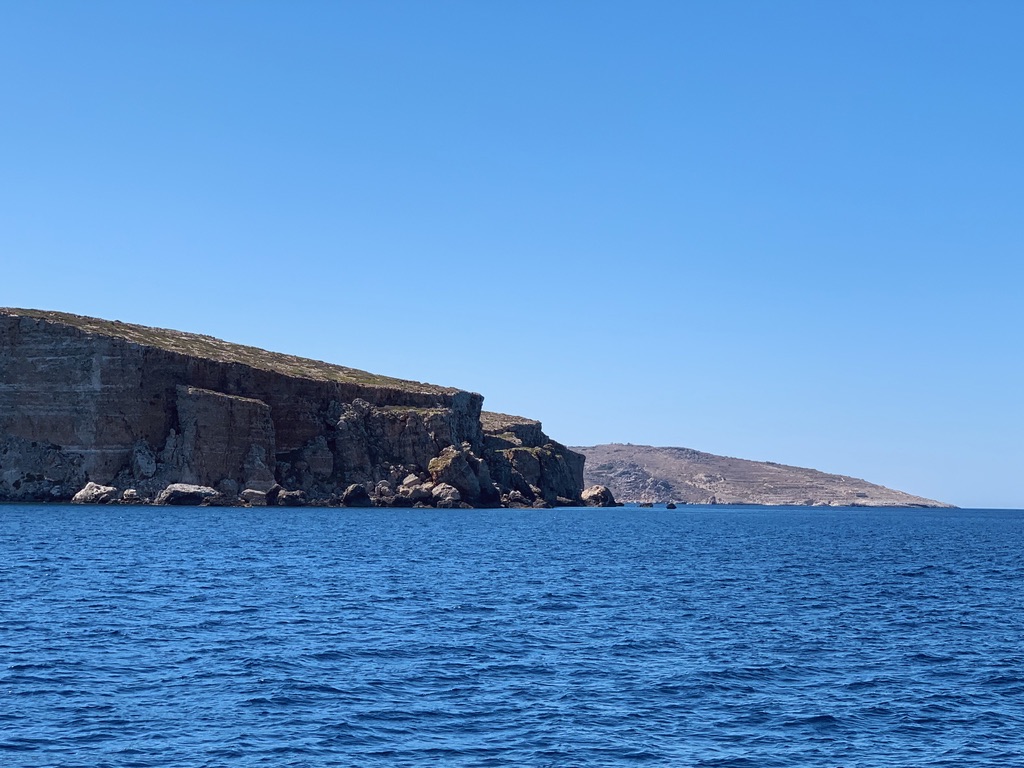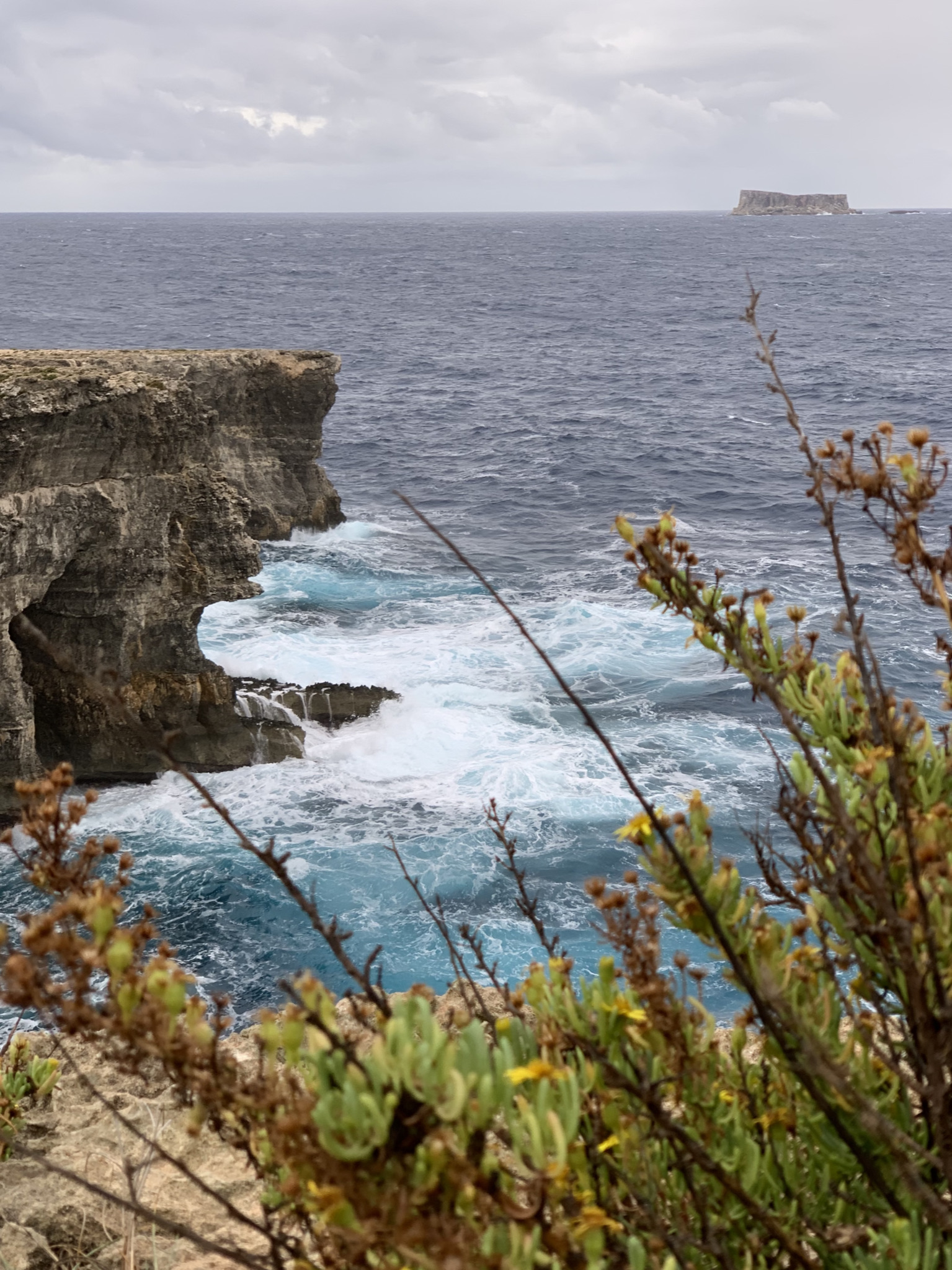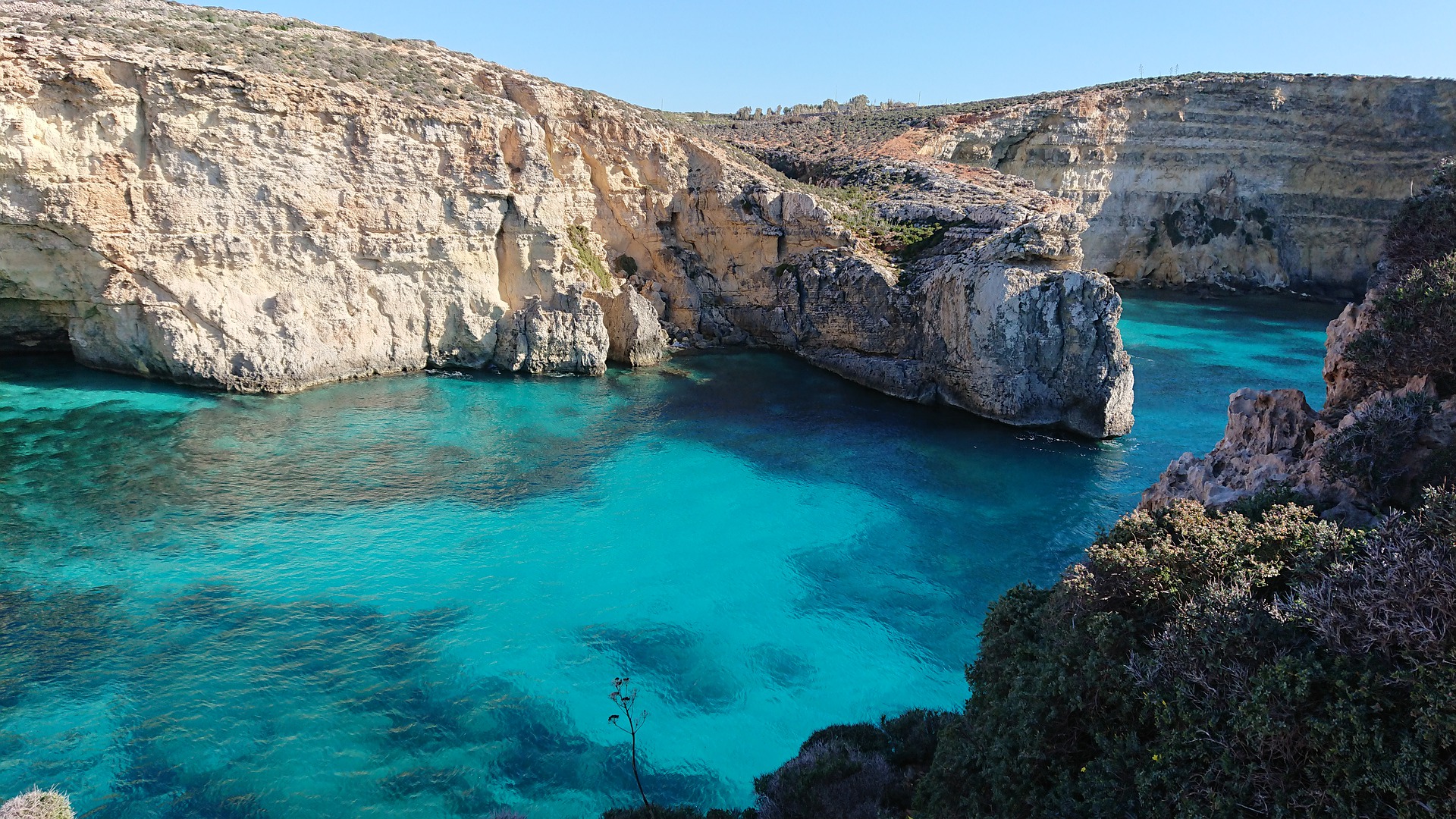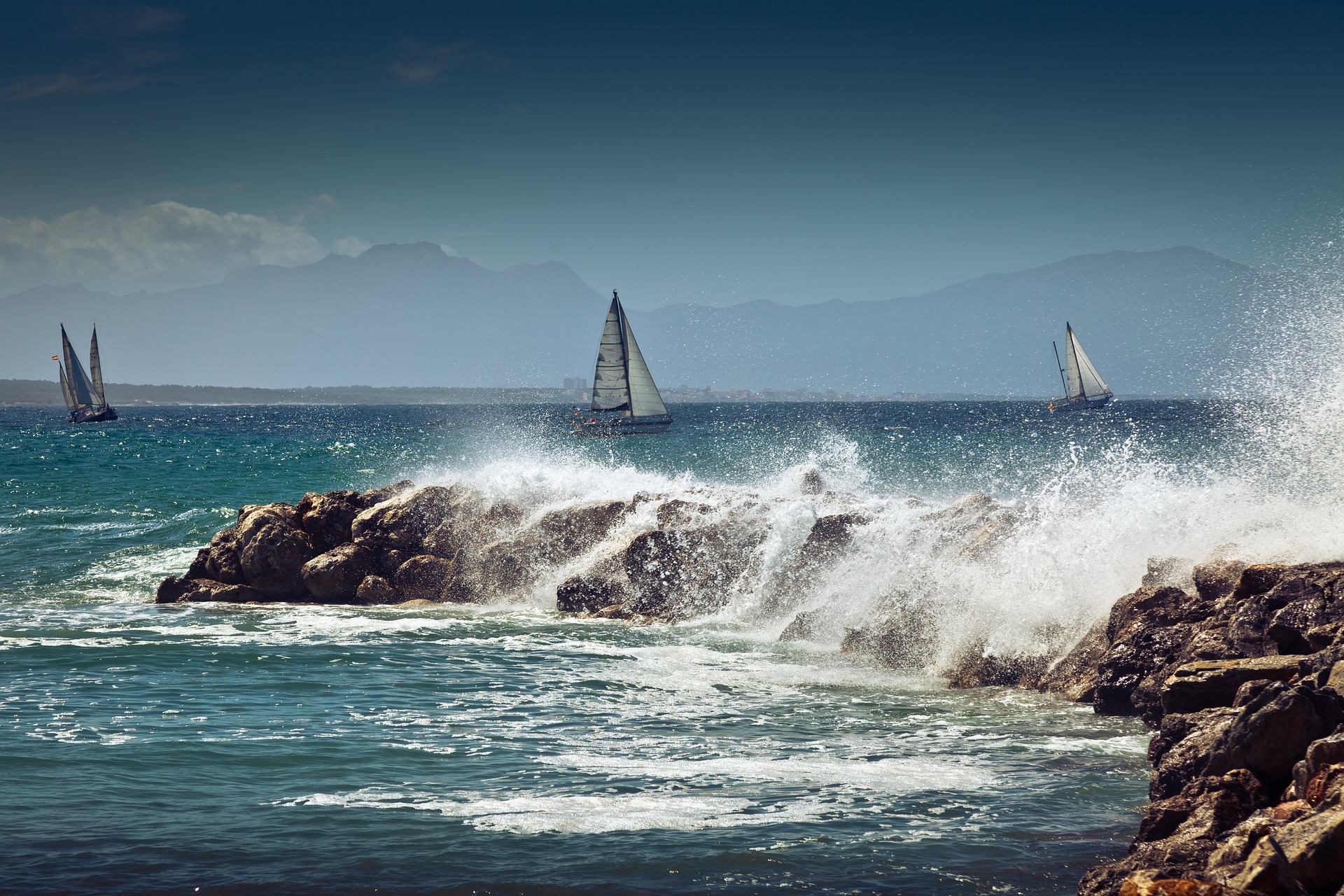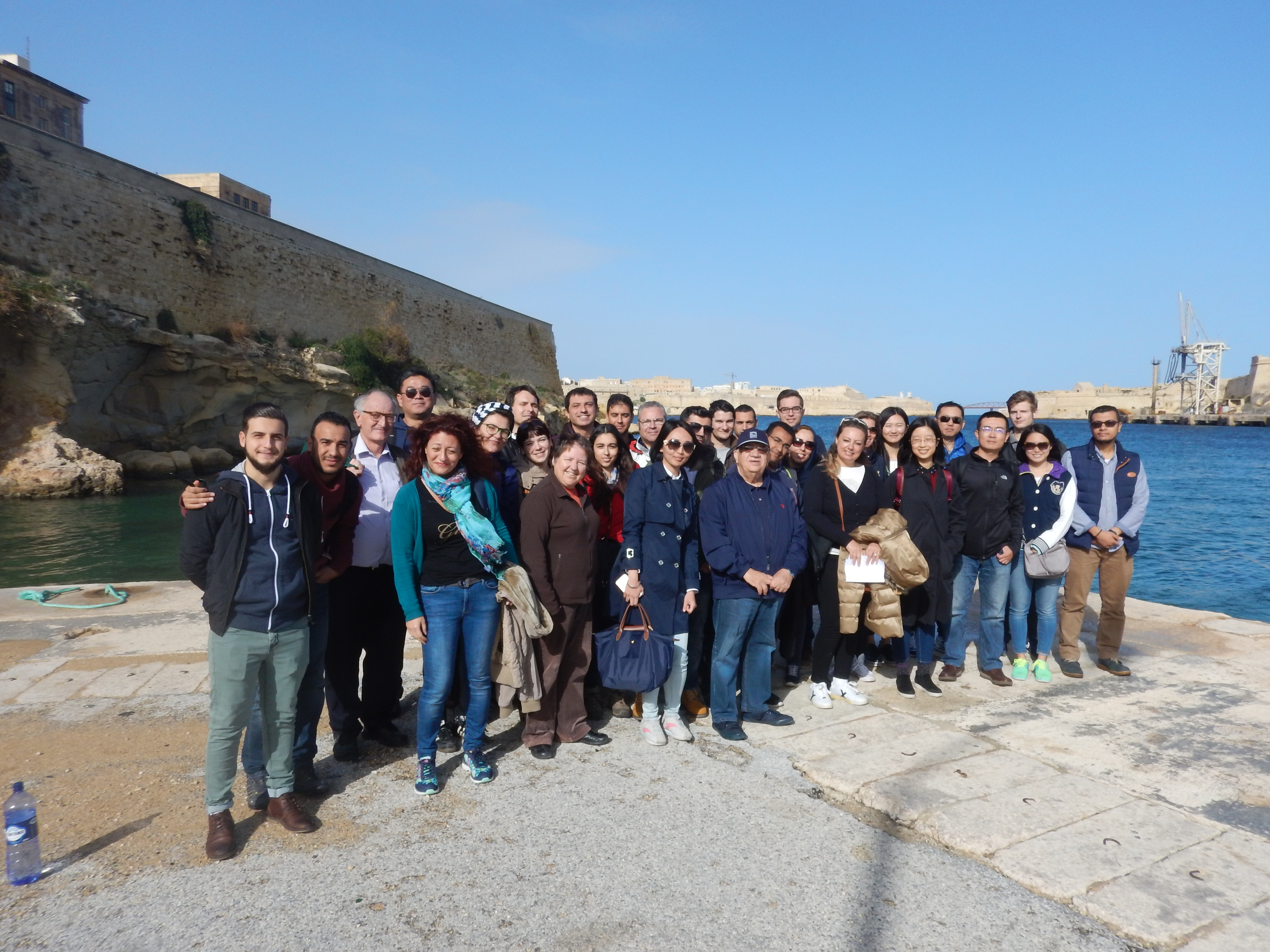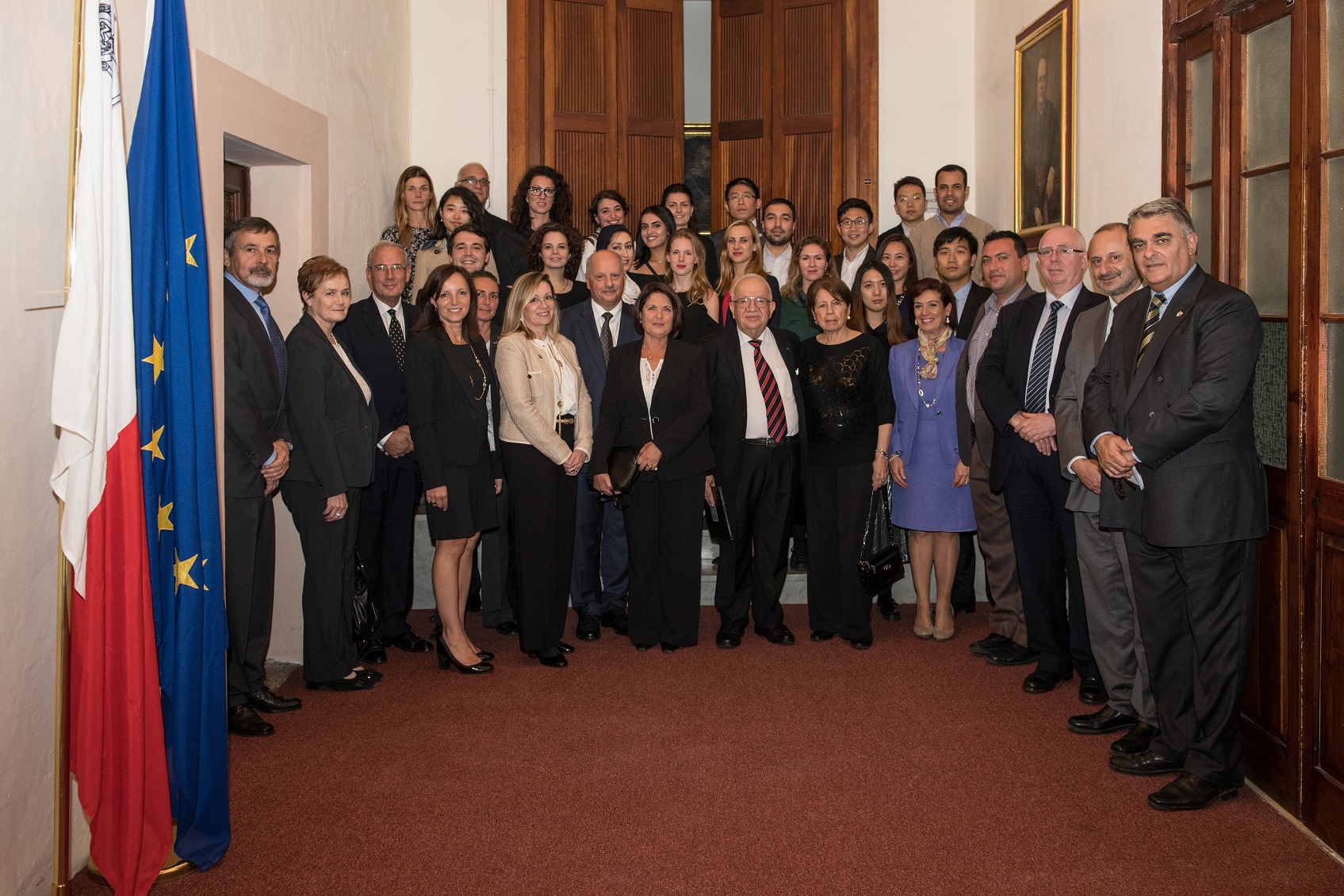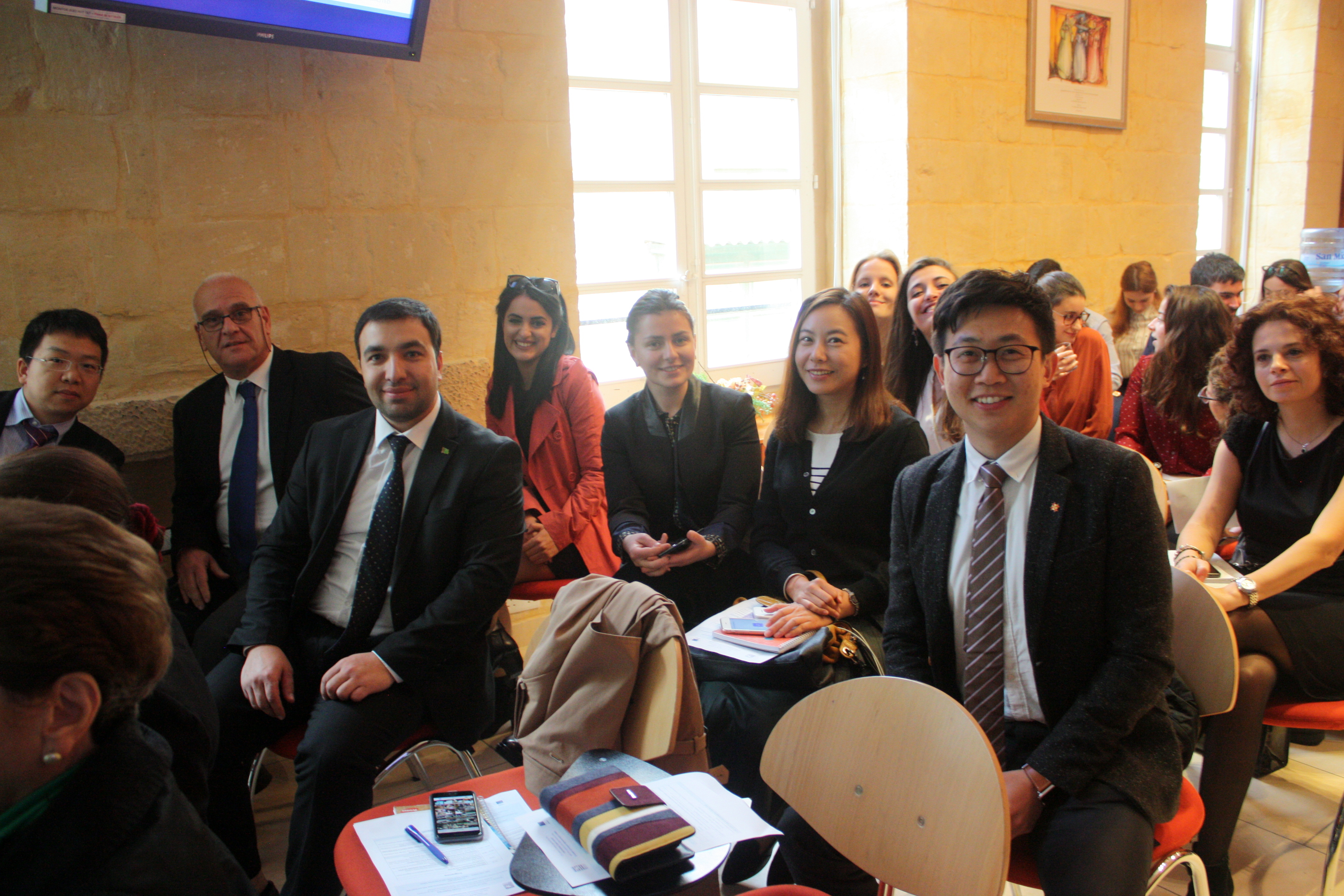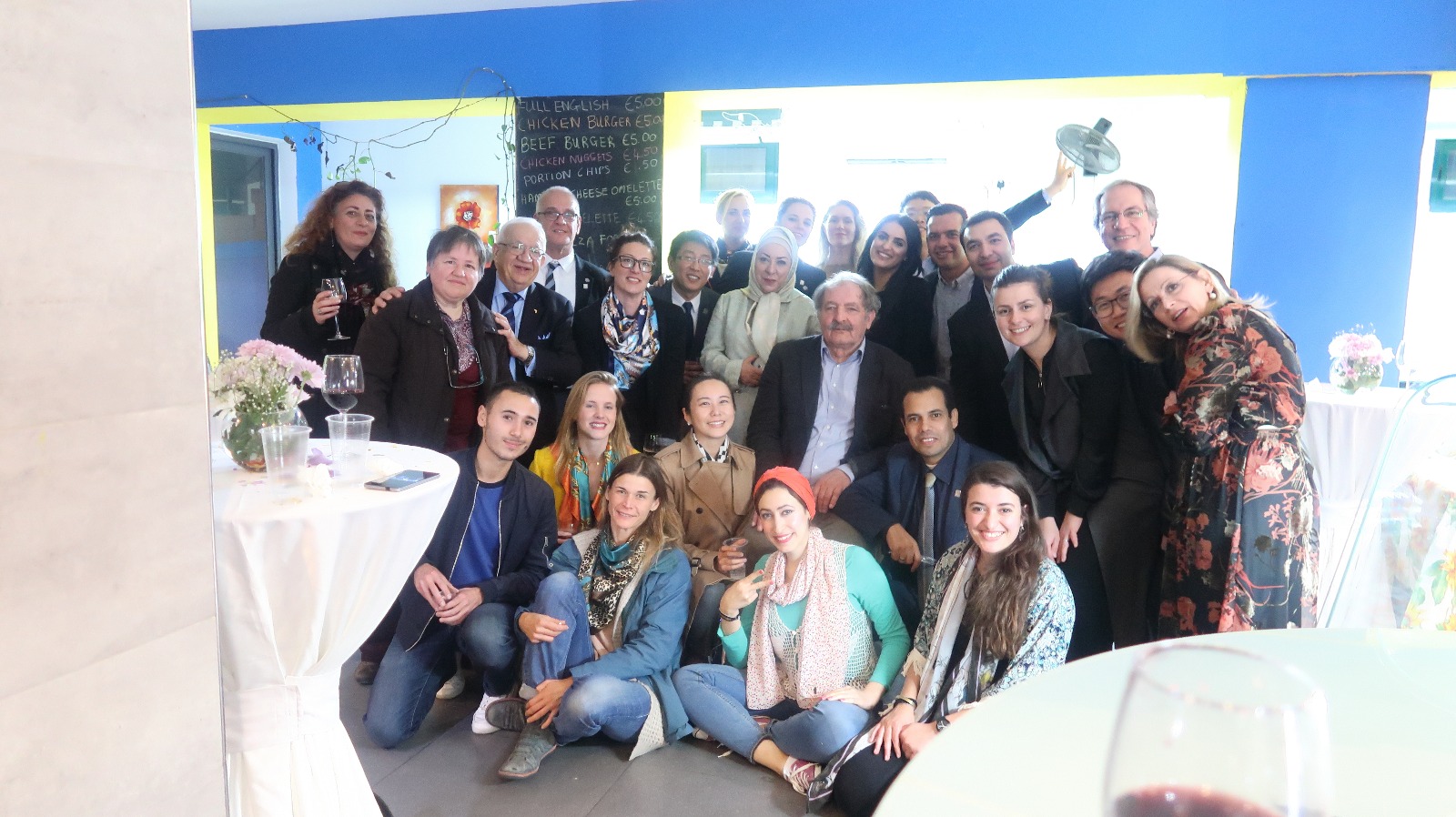COURSE INTRODUCTION
This training programme builds upon the 50 years’ experience of the International Ocean Institute in conducting training and capacity-building programmes on ocean governance. The Ocean Governance content, which is designed for practitioners, covers contemporary approaches to coastal and ocean management, with an emphasis on moral, ethical and legal values in Ocean Governance (equity and peaceful uses of the ocean) under the governance architecture of UNCLOS and related international instruments and agreements.

IOI Course academic director

Course Manager
The programme:
- draws upon the conduct of maritime affairs at the international and regional level in a holistic and integrated approach;
- focuses on linkages between natural, social and economic sciences, the research-management interface and the support of technology to enable the effective achievement of ocean management and sustainable development;
- considers the implications of international and regional policies, including the EU Integrated Maritime Policy for the European regional seas, with a science-based and holistic approach to policy undertakings that takes into account the impact of international governance structures;
- brings to the forefront the characteristics of seas as different and sensitive as the Mediterranean, Black, Baltic and Caspian within the ambit of ocean governance.
The training programme aims to:
- advance basin-wide knowledge of governance and the linkages to socio-economic issues, and integrated and ecosystem ocean management;
- provide a strong overview of the inter- and intra-sectoral interactions in ocean governance with the intention of strengthening knowledge and capacity in sustainably managing ocean and coastal services and resources;
- contribute towards capacity development in ocean governance in the countries bordering the regional seas;
- build stronger inter-regional coherence in countries’ engagement in the governance of the regional seas;
- promote inter-regional cooperation, shared experiences and exchange of best practice scenarios, and to
- foster interaction between participants from diverse countries bordering the regional seas under study.


